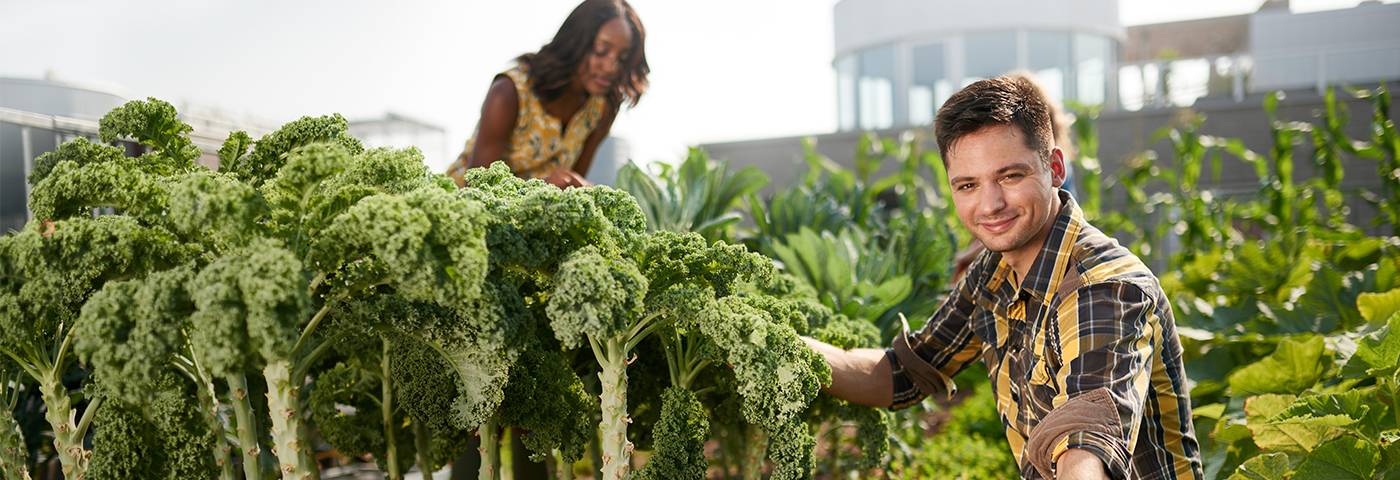The simple answer of course is that we should, because tourism is what we make it. We can make tourism better, we can use tourism to make better places to live in and better places to visit – because great places to live in are great places to visit. We make tourism better by reducing our negative impacts and increasing our positive impacts, by buying locally, creating decent jobs and contributing to the conservation of local cultural and natural heritage.
Garry Wilson, Mainstream Product & Purchasing Director, for the TUI Group argues that Responsible Tourism is now core, mainstream business.
Hear Garry explain why taking responsibility for tourism matters at TUI:
I am often asked what the evidence is for consumer demand. The Canadian Tourism Commission undertook comparative research in their source markets in 2009, reported in my book: Responsible Tourism 2nd edition: using tourism for sustainable development. They asked whether or not the interviewee agreed with the statement “I always take environmentally friendly tourism considerations into account when making a decision about where to travel to”. Accepting that this only records self-ascribed aspiration there are significant differences between representative samples in Canadian source markets – 88% of Mexicans, 68% of Chinese, 60% of Koreans and 56% of the French ascribe to this view of their decision making about holidays, compared with 33% of the Germans and Japanese, 31% of Americans, 30% of Canadians and 28% of Australians. The British came bottom: only 23% responded that they always take environmentally friendly characteristics into account when making destination choices. Responsible Tourism has been successful in the originating market which, amongst these eight markets, is the least predisposed to choose environmentally friendly options. Many will be tempted to dismiss the British experience as unrepresentative, but on the Canadian evidence there are originating markets which look significantly more propitious for this approach.
There is plenty of evidence from broader consumer research. Unilever has surveyed 20,000 consumers from five countries and found that 33% would “actively choose” to buy brands they believed were doing social or environmental good. More than one in five said that they would buy a brand that made its sustainability credentials clear on the packaging and in the marketing.” Unilever concluded that their survey “confirmed that consumers held high expectations that brands should have a positive social and environmental impact but also showed “an unprecedented opportunity for companies that get it right.”
Read the full article: Ethical shoppers prove they’re more than just talk.
They surveyed 20,000 consumers from the United Kingdom, Brazil, Turkey, the United States and India, about their sustainability concerns and how they impact their choices in-store and at home. “21% of the people surveyed said they would actively choose brands if they made sustainability credentials clearer on packaging and marketing”. The consumers surveyed by Unilever also buy travel products and holidays.
“The trend for purpose-led purchasing is greater in emerging economies.53% in the UK and 78% in the US said they would feel better about buying products that are sustainably produced, while Brazil and Turkey were at 85% and India was at 88%. India, Brazil and Turkey, which fall into the emerging markets category, perhaps feel stronger about sustainability due to direct exposure of unsustainable business practices, such as water and energy shortages as well as food poverty and poor air quality. While countries such as the US and the UK feel more pressure from social scrutiny.”
Read the full article: Sustainability matters to consumers in emerging markets.


We certainly feel there is more interest in Responsible Tourism, and are pushing ourselves many aspects of Sustainable Tourism and Sustainable Travel, two quite different directions.
Often the question is, are people really looking at holidays which are more this way – and whether its the establishment or lodge or type of transport, or type of excursion there is certainly a lot more awareness to better proper practises, and many may not be known by the tourist, but they are more happy when it is explained to them.
Just some thoughts. A big and interesting subject, which needs more drive by many of us in all the different fields of Tourism and Travel.
We are sure stakeholders taking responsibility for making Sustainable Tourism right is the answer towards dealing with the negative trends. However, we want to see more to happen especially in destinations where some tourists still take advantage of the poverty of the people. There is need for more consumer awareness! In the Gambia, we started an innovative way of doing this by organising the first “MBOKA Festival of Arts, Culture and Sports”. Through the festival we hope to showcase examples of “better tourism” based on “People to People” interactions in RESPECT .
Thanks Dr.Harold for gracing this year’s “MBOKA FESTIVAL” and delivering a talk on RT.
Mboka is a “wollof” word meaning “one family”.